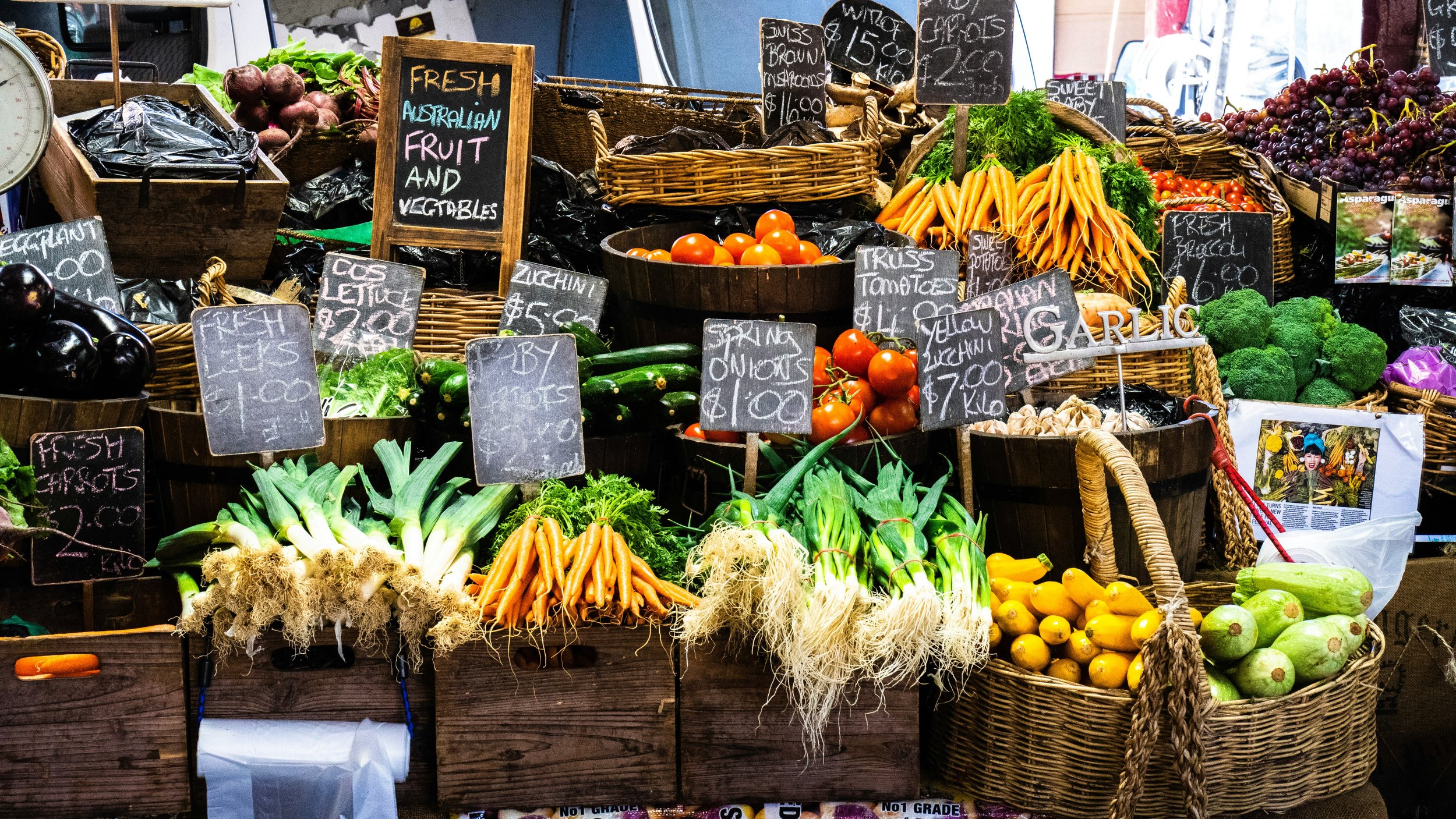How to Buy Supplements Wisely
How to Buy Supplements Wisely
I get questions all the time about which supplements are worth it. What I’ve learned — both personally and in clinical practice — is that only a handful of brands truly hold up to their quality claims. You see the difference right away in a clinical setting: better results, fewer unwanted reactions, and products that do what they say.
Over the past few years, lots of smaller companies have launched their own supplement lines. The first things I ask myself with any new brand are:
Where are they sourcing their ingredients?
What dosage is actually represented in these bottles?
What is your medical background for formulation?
What research supports your product?
The companies I recommend have been trusted in the integrative medicine space for years. They’re transparent about how and where they source ingredients, they aren’t “straight-to-consumer” brands focused on volume, and many back up their formulas with research or clinical trials. They prioritize quality over just selling quantity - and yes, their teams are composed of science and medical professionals.
So, before you get swept up by an ad or think you’ve found a cheaper deal (most times it isn’t cheaper at all), talk with a trusted health ally — a functional or integrative doctor who can guide you.
Bottom line: Quality matters. The right sourcing, storage, and testing protect you from contamination, inaccurate labels, or expired ingredients — and help you get the real benefits you’re looking for.
The Importance of Our Farmers Markets
The Benefit of Supporting Our Local Farmer’s Markets.
Farmer’s Markets are really the treasure of our communities. Rain or shine I make a point to consistently attend the market to support not only local business, but local food suppliers and amazing people. Not to mention the food quality is so superb that it’s hard for me to eat out anywhere because my ingredients are second to none. It allows more diversity in my nutrition and to be connected not only to the food seasonly but the farmers themselves. Talk about sustainability!
While most farmers’ markets have the best of intentions, not all provide organic or even local fare. To really know what is in the food you are buying, who better to ask than the farmers themselves? Most farmers love answering questions and are proud of their products. Whether you are new to farmers’ market or are a seasoned pro, here are the best questions to ask on your next visit:
Where is your farm located?
Buying fresh local produce is the whole point of shopping at a
farmer’s market. “Local” is typically anything that is produced
within 100-150 miles.
Did you grow or raise this?
It is not uncommon for some vendors to buy wholesale items
and then resell them as their own. It is probably best to bypass
these vendors. If you notice a fruit or vegetable that looks out
of season, be wary. Most farmers in a region will generally have
the same items available at the same time. Look for “producer-
only” markets, meaning that the farmers at the market grow
the food they are selling on their own farms. You can contact
your market director or check their web site to find out if your
market is producer-only.
What growing practices do you use?
Some vendors may be USDA organic certified, but obtaining
this certification can be pricey with loads of paperwork.
Even if your farmer isn’t certified organic, they may
still adhere to sustainable practices. And farmers don’t always
have to go through the organic certification process
if they gross under $5,000 per year. Without a USDA organic
seal, you will have to talk to your farmer to find out.
If they are not organic, ask how they handle pests and
diseases so you can avoid anything grown with pesticides.
What do your animals eat and where do they live?
Herbivores like cows, goats, and sheep should be mostly
pasture-raised, while it is OK to supplement chickens and
pigs with some grain. If some animals are fed grain, ask
if it’s organic or soy-free. Also, find out if the animals live
outside and if they are rotationally grazed. It is optimal for
herbivores and chickens to be moved often and not pastured
on the same patch of grass each day.
What is this item?
While perusing your local farmers’ market, chances are
you will see an unfamiliar item or two. The farmer should
be able to tell you what each item is, including the variety.
After all, the farmers are the experts!
When was this picked?
If it was picked more than a day ago, you may want to
pass. Some farmers may have fruits and vegetables picked
just that morning. The longer it stays off the vine, the
more nutrients it loses.
How should I store and prepare this?
Farmers usually have great tips on how to store food.
Ask how long different items should last so you can prioritize
eating them. They also may have great advice on
how to ripen fruit, thaw meat, or how to wrap produce in
the fridge. Farmers usually have an idea of how to prepare
different items as well, especially if they are eating
what they grow. Be sure to ask how to use the greens
attached to root veggies like the tops of carrots, beets,
and turnips. Also, ask about the different cuts of meats
and how to best cook them.
How many different types of produce do you grow?
A farm with a large variety is usually a good indicator
that their farm is truly sustainable. Generally, a farm with
several crops is more likely to use crop rotation, which
helps to reduce soil erosion, increases biodiversity, and
improves crop yield.
Can I visit the farm?
Farmers who are proud of their practices have nothing
to hide. No amount of questions can tell you what seeing
a farm first-hand can. Does it look clean? Are the
animals and workers happy? Some farms are friendlier
than others and may have specific visiting hours or offer
a couple of open houses each year. It can be a rewarding
experience to see exactly where and how your food
is grown. If they hesitate or decline your visit, you may
want to find a new vendor that better aligns with you.
How to Reduce your Household Chemical Levels
How to Reduce your Household Chemicals
Today’s environment dictates that we have to be more conscious than ever. Women in the US on average are exposed to 80 or more chemicals before they leave their home in the morning. Looking at the water we drink or bath in, the air we are exposed to, the cleaning products we deem not harmful, the products we use daily on our bodies, and of coarse the biggest conversation in our culture how our food is being cultivated. All of these influences can greatly impact our immune, digestive and hormonal systems. Taking inventory can be a bit overwhelming but with time you can start to replace products and be more aware of your exposures and their solutions. Here is a quick and easy check list to get you started.
Water Filters:
Whole House Water Filtration System
Drinking Water Filtration: (check out: Berkey Water Filters)
Shower Head Filters
Food Storage:
Looking for either steel, glass, or ceramic containers
Refrain from drinking out of plastic lids or straws
Keep to go friendly containers in your car to refrain from any plastic exposure
Chemical Free Products:
Soaps, Dishwasher Soap, Clothing Detergent, Cosmetics, Hair Products, Body Care Products
ewg.org will give you your widest range of information on what’s in your products
Fire Retardant-Free:
Upholstery: thrifting furniture and re-upholstering can be a great option and often this allows you to get better quality made items that you can custom to your taste and be chemical free
Mattresses
Flooring:
Limit carpets and vinyl flooring
Use Wood Flooring with Natural Coatings
Use Stone
Air Filters
Hepa Air Filtration Systems - especially for at night when sleeping you will get at least 8 hours of clean air
If You Are Not Sleeping You are Not Healing.
If You Are Not Sleeping You Are Not Healing.
If you are not sleeping you are not healing, Period.
8 hours of uninterrupted sleep is the goal!
Each person is going to have their individual influences on what is interupting their sleep cycle. Here are quick tips to get you started on discovering what best works for your body.
Making sure you are getting to bed on time! Maintain a sleep schedule. Cortisol and Melatonin do a dance.
Sunlight Exposure when waking to help stimulate natural cortisol response even if it’s a cloudy day.
Sunrise Alarm Clock: wakes you up gently by slowly increasing light
Oura Ring: sleep technology that can help with real time data to optimize sleep routine.
Lookee: sleep device to track blood oxygen levels throughout the night ruling out sleep apnea.
Limit caffeine and be mindful of afternoon consumption.
Create a relaxing ritual before bed. Reading, meditation app (Calm/Headspace), journaling etc.
Completely dark room. Turn off all lights. Use blackout curtains if needed. Use black out dots to cover any small lights.
Blue Light Blocking glasses – red lenses /99% blue light blocking preferred
Wear 1-2 hours before bed to stimulate natural melatonin production
Installing F.Lux on your computer to adjust blue light with time of day – free! Or changing iPhone settings for nighttime feature – look for Night Shift under Display& Brightness under settings.
Ideal temperature between 60-67 degrees.
Magnesium Glycinate for Relaxation: is best taken before bed. We lose Magnesium with stress and given the mineral depletion of most topsoil’s we are losing this mineral among many in our foods. Magnesium Sulfate aka Epsom salt can be used in a bath before bed and this will not only aid in relaxing but will also draw out toxins.




